Which Sugar Substitutes Are Actually Better For You?
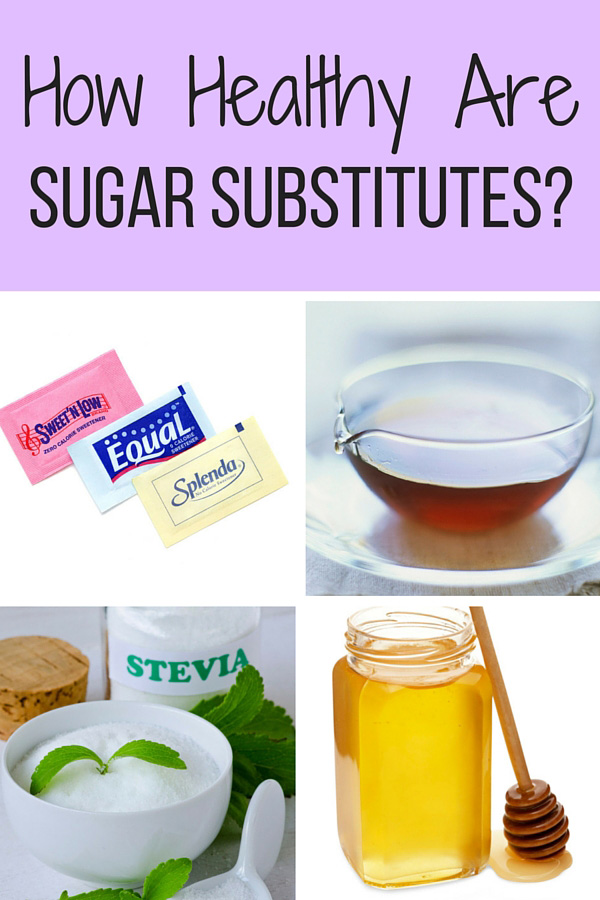
My stance on sugar has always been the same: Eat less of it! A 2014 study revealed that people who consumed 17 to 21 percent of their daily calories from added sugars had a 38 percent higher risk of dying from heart disease than those who kept added sugar consumption to around 8 percent. But I get it—sometimes you just want something sweet. My take on the health pros and cons of the most common sugar substitutes:
Sweetener: Agave
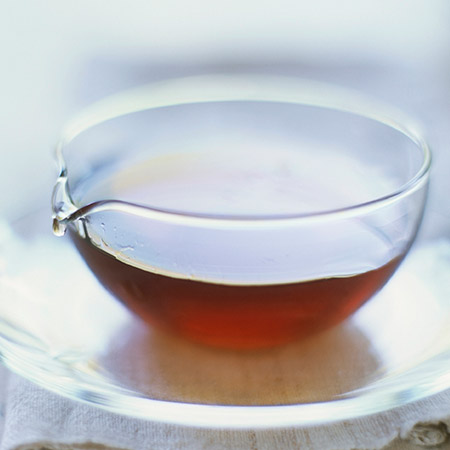
Agave has been hailed for being low on the glycemic index, which means it won't cause the insulin spike and crash you're likely to get when you consume refined white sugar. But while that's true, agave can be up to 90 percent fructose, which has been linked to insulin resistance and higher bad (LDL) cholesterol, so use it sparingly.
Calories per teaspoon (sugar = 16): 21
Better or worse than table sugar?: Tie
Like white sugar, agave may increase your risk for heart disease if you use a lot of it.
Sweetener: Artificial Sweeteners
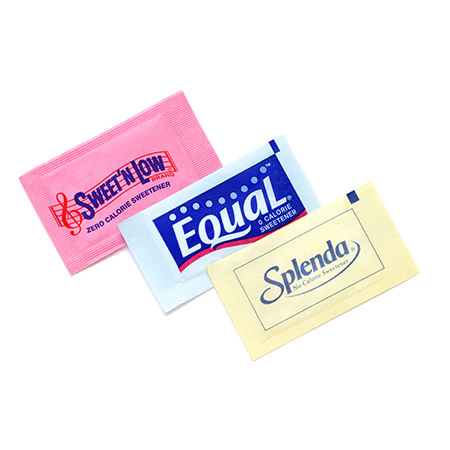
The good news: Sugar substitutes are thought to be safe alternatives to the real thing. Over the years, animal studies have suggested links between artificial sweeteners like aspartame, sucralose, and saccharin and some cancers, but studies in humans haven't replicated the same associations. The bad news: These substances may not help you drop pounds. In fact, one study found significant links between artificial sweetener consumption and weight gain.
Calories per teaspoon: 0
Better or worse than table sugar?: Tie
Neither option yields health benefits, so keep consumption of artificial sweeteners to a minimum and sugar to less than 10 percent of daily calories.
Sweetener: Honey
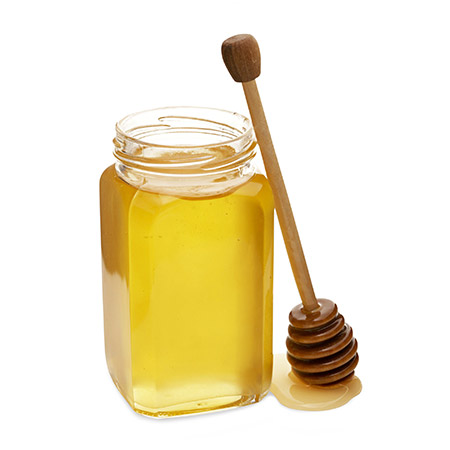
Whereas white sugar contains barely any nutrients, honey is a source of minerals, including potassium and calcium, and B vitamins, which help your body process energy from food. Another perk: Research has shown that raw honey contains antioxidants and may help lower bad cholesterol and raise good (HDL) cholesterol, potentially decreasing overall risk of cardiovascular disease.
Calories per teaspoon: 21
Better or worse than table sugar?: Better
But opt for raw varieties. Processed honey may lose some of its nutrients during manufacturing.
Sweetener: Stevia
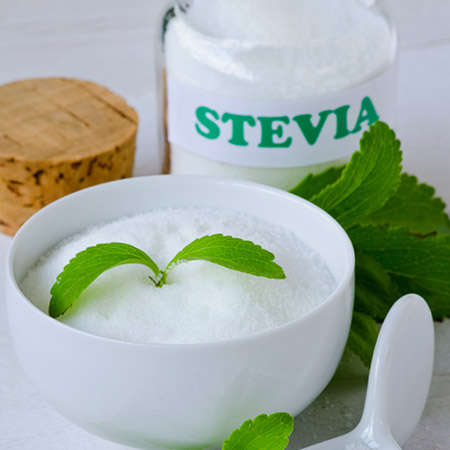
Sourced from the stevia plant, this sugar substitute is the best zero-calorie sweetener that's not artificial. It's also about 200 times sweeter than sugar, so you can get by with less. Bonus: Stevioside, the sweet compound in a stevia leaf, may help lower overall blood pressure; a two-year study in the journal Clinical Therapy found that stevioside significantly decreased blood pressure among subjects with mild hypertension.
Calories per teaspoon: 0
Better or worse than table sugar?: Definitely better
Unlike sugar, stevia may come with real health benefits.
Oz, MD, is the host of The Dr. Oz Show (weekdays; check local listings).
Photos: sf_foodphoto/iStock; NoDerog/iStock; Philip Friedman/Studio D; Pat_Hastings/iStock;
Sweetener: Agave

Agave has been hailed for being low on the glycemic index, which means it won't cause the insulin spike and crash you're likely to get when you consume refined white sugar. But while that's true, agave can be up to 90 percent fructose, which has been linked to insulin resistance and higher bad (LDL) cholesterol, so use it sparingly.
Calories per teaspoon (sugar = 16): 21
Better or worse than table sugar?: Tie
Like white sugar, agave may increase your risk for heart disease if you use a lot of it.
Sweetener: Artificial Sweeteners

The good news: Sugar substitutes are thought to be safe alternatives to the real thing. Over the years, animal studies have suggested links between artificial sweeteners like aspartame, sucralose, and saccharin and some cancers, but studies in humans haven't replicated the same associations. The bad news: These substances may not help you drop pounds. In fact, one study found significant links between artificial sweetener consumption and weight gain.
Calories per teaspoon: 0
Better or worse than table sugar?: Tie
Neither option yields health benefits, so keep consumption of artificial sweeteners to a minimum and sugar to less than 10 percent of daily calories.
Sweetener: Honey

Whereas white sugar contains barely any nutrients, honey is a source of minerals, including potassium and calcium, and B vitamins, which help your body process energy from food. Another perk: Research has shown that raw honey contains antioxidants and may help lower bad cholesterol and raise good (HDL) cholesterol, potentially decreasing overall risk of cardiovascular disease.
Calories per teaspoon: 21
Better or worse than table sugar?: Better
But opt for raw varieties. Processed honey may lose some of its nutrients during manufacturing.
Sweetener: Stevia

Sourced from the stevia plant, this sugar substitute is the best zero-calorie sweetener that's not artificial. It's also about 200 times sweeter than sugar, so you can get by with less. Bonus: Stevioside, the sweet compound in a stevia leaf, may help lower overall blood pressure; a two-year study in the journal Clinical Therapy found that stevioside significantly decreased blood pressure among subjects with mild hypertension.
Calories per teaspoon: 0
Better or worse than table sugar?: Definitely better
Unlike sugar, stevia may come with real health benefits.
Oz, MD, is the host of The Dr. Oz Show (weekdays; check local listings).
Photos: sf_foodphoto/iStock; NoDerog/iStock; Philip Friedman/Studio D; Pat_Hastings/iStock;



